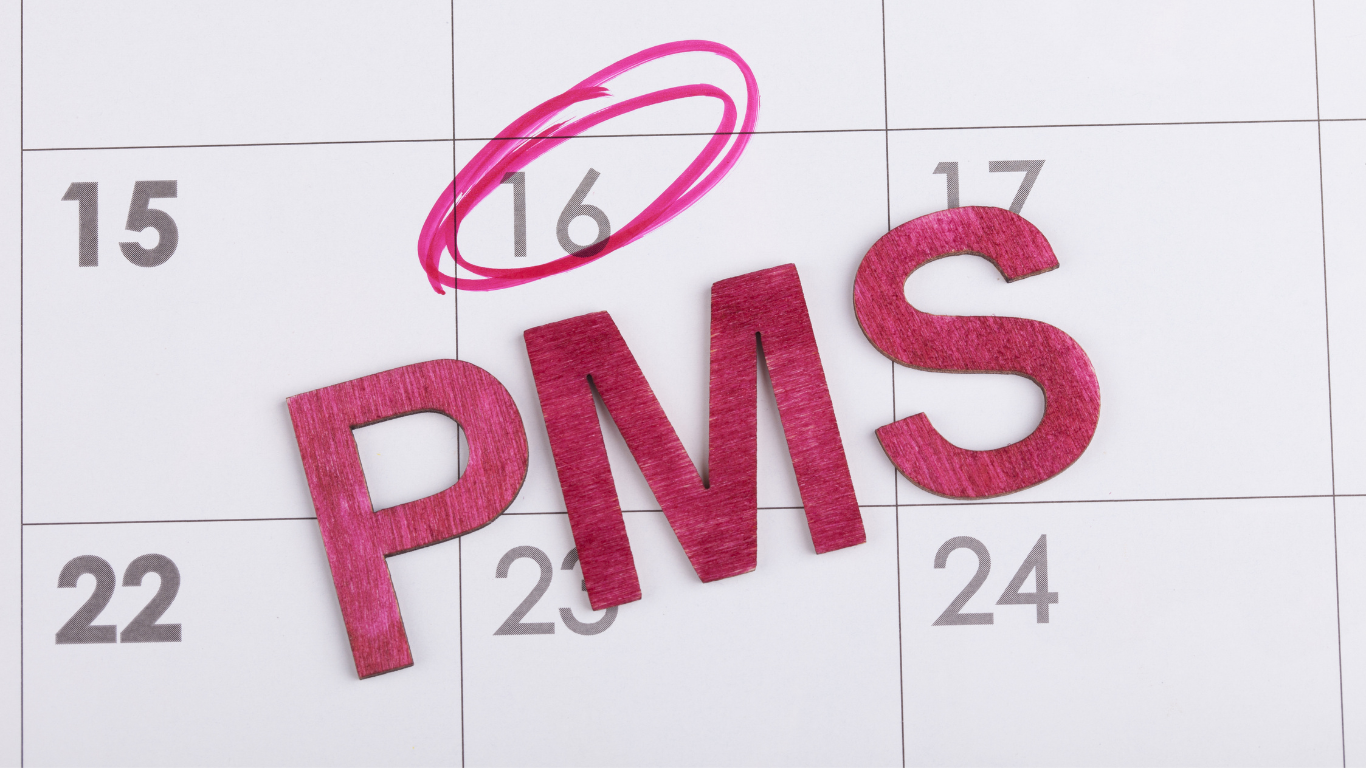
Disclosure: This blog post contains some affiliate links. The author will receive a small commission through some of the highlighted products but this did not influence which products have been recommended. Where discount codes have been provided, the author will not receive benefit as a result of you utilising the code – it’s just a gift for you!
If you’re looking for the best PCOS diet plan to get pregnant, you’re in the right place. Polycystic ovary syndrome or PCOS affects around 10% of the female population in the UK. While managing PCOS can feel overwhelming, following a targeted PCOS fertility diet can improve symptoms and support conception. This article focuses on how diet can enhance fertility with PCOS and includes strategies to improve egg quality, reduce inflammation, and balance hormones. If you’re looking for the ideal PCOS diet plan to get pregnant, read on to discover evidence-based tips and actionable advice.
What is PCOS and How Does It Affect Your Chances of Getting Pregnant?
PCOS is characterised by hormonal imbalances, including high androgen (male hormone) levels, insulin resistance, and irregular periods. These factors can disrupt ovulation, making it harder to conceive. Additionally, PCOS can impact egg quality due to oxidative stress and inflammation.
Key symptoms of PCOS include:
- Irregular periods: A sign of anovulation (no ovulation).
- Fertility challenges: Difficulty conceiving due to hormonal imbalances.
- Insulin resistance: Higher insulin levels can increase testosterone production, exacerbating symptoms.
- Inflammation and oxidative stress: These can impair egg quality and overall fertility.
Addressing these underlying issues through a PCOS fertility diet can enhance ovulation, improve egg quality, and boost your chances of pregnancy success.
How to Improve Egg Quality with PCOS
Improving egg quality is a vital step for conception. A diet for PCOS to get pregnant should focus on reducing inflammation and oxidative stress, managing blood sugar, and including key nutrients that support healthy eggs.
- Anti-inflammatory foods: Incorporate omega-3 fatty acids (e.g., salmon, walnuts, flaxseeds) and antioxidant-rich foods (e.g., berries, spinach) to combat oxidative stress.
- Low glycaemic index (GI) carbohydrates: These help stabilise blood sugar levels, reducing insulin resistance and promoting better hormone balance.
- Protein: Lean proteins like chicken, turkey, and eggs help regulate blood sugar and provide the building blocks for healthy cells.
- Healthy fats: Avocados, nuts, seeds, and olive oil are essential for hormone production and reducing inflammation.
PCOS Diet Plan for Pregnancy Success
The ideal PCOS diet plan for fertility includes balanced meals and snacks that support blood sugar control, hormone balance, and egg quality. Here’s how to structure your diet:
1. Follow a Mediterranean Diet for PCOS
Research shows that a Mediterranean-style diet can improve PCOS symptoms, insulin resistance, and fertility. This diet emphasises whole foods, lean proteins, healthy fats, and plenty of fruits and vegetables.
2. Reduce Refined Sugars
High sugar intake can spike insulin levels, worsening symptoms. Limit refined carbs like white bread, pasta, and sweets, and opt for whole grains like quinoa, brown rice, and oats instead.
3. Include Omega-3s for Hormone Balance
Omega-3s are crucial for reducing inflammation and improving egg quality. Aim for two servings of oily fish like salmon or mackerel per week, or consider supplements if needed.
4. Incorporate Key Nutrients for Egg Quality
Certain nutrients are essential for supporting egg health:
- Folate: Found in spinach, broccoli, and fortified cereals.
- Inositol: Myo-inositol supplements have been shown to improve ovulation and insulin sensitivity in women with PCOS.
- Vitamin D: Helps regulate hormones and improve fertility outcomes. Get this from sunlight, fortified foods, or supplements.
PCOS Diet Plan to Get Pregnant
Here’s an example of a daily PCOS diet plan for fertility:
Breakfast:
- Greek yoghurt with a handful of berries and a sprinkle of flaxseeds.
Snack:
- Hummus with cucumber sticks.
Lunch:
- Grilled chicken salad with avocado, olive oil dressing, and quinoa.
Snack:
- A boiled egg and a handful of walnuts.
Dinner:
- Baked salmon with roasted vegetables and sweet potato.
Dessert:
- A small piece of dark chocolate (70% cocoa or higher) for its antioxidant benefits.
Exercise for PCOS to Get Pregnant
Physical activity plays a vital role in improving PCOS symptoms and enhancing fertility. Regular exercise can:
- Reduce insulin resistance.
- Lower androgen levels.
- Improve ovulation.
Studies show that combining aerobic exercises (like brisk walking or cycling) with resistance training can be particularly effective for women with PCOS. Aim for at least 30 minutes of moderate exercise three times a week.
Best Age to Get Pregnant with PCOS
While women with PCOS can conceive at any age, fertility generally declines after 35. If you’re planning to start a family, addressing PCOS early through diet and lifestyle changes can improve your chances of success.
Supplements for PCOS Fertility
Supplements can be a helpful addition alongside dietary and lifestyle changes, particularly when supporting ovulation, hormonal balance, and insulin sensitivity in PCOS. It’s always best to speak with your dietitian or GP before introducing any new supplement.
Myo-Inositol
Myo-inositol is one of the most studied supplements for PCOS and may support ovulation and reduces androgen levels when taken consistently at a dose of 4g per day (typically 2g twice daily).
- Zita West inositol and folate: This supplement provides 4g of myoinositol and 200 mcg of methyl folate.
- Myo-Inositol: contains 4g of myoinositol alongside 200 mcg of folate, a small amount of vitamin B6, and chromium in tablet form.
Use SEREHEALTHY15 for 15% off all MyOva products
40:1 Myo-Inositol & D-Chiro Inositol
This combination mirrors the natural ratio found in the ovaries and is supported by clinical studies for its potential benefits in fertility and insulin regulation.
- Intimate Rose, 40:1 : a Myoinositol & D-Chiro Inositol complex in a 40:1 ratio including vitamin D3 and Ashwaganda Root.
Use ROHUNTRISS for £10 off all Intimate Rose products
Additionally, starting a prenatal supplement three months before trying to conceive can help you cover essential nutrients and support fertility
Track & Test
Understanding your hormonal health is an important step toward managing PCOS symptoms and optimising your fertility. Hertility’s at-home hormone and fertility test can help you gain insights into your hormone levels, ovarian reserve, and overall fertility health. Use the code DR10 for £25 off any orders over £249.
If you’re also looking to track ovulation, we recommend Tempdrop Fertility Monitor, an all-in-one wearable ovulation and fertility tracker. Use our discount code FDU15 for 15% off.
The Bottom Line
A targeted PCOS fertility diet can significantly improve your chances of getting pregnant by addressing insulin resistance, hormone imbalances, and inflammation. By following a balanced diet rich in lean proteins, healthy fats, and low-GI carbohydrates, you can optimise egg quality and ovulation. Make a start by incorporating some of these PCOS friendly snacks.
Looking for more guidance? Our PCOS meal plans are designed to help you manage symptoms and support fertility, with evidence-based recipes and practical tips. Check out our guides for:
Take control of your fertility journey with the right diet and lifestyle changes. Let’s work together to make your dreams of starting a family a reality.
This article was written by the Fertility Dietitian UK content team and reviewed by Ro Huntriss MSc RD, Consultant Dietitian and Founder of Fertility Dietitian UK.
Last reviewed: July 2025



